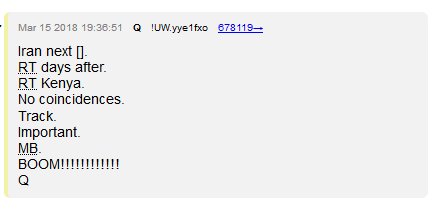Nor is the technology formerly known as Java EE dead. There is far more to an industry platform than a namespace.
Open TCKs are key to expanding the ecosystem.
And yes, I do realize that a PITA migrating the namespace from javax to jakarta will be. I still say this is a huge win.
But they have done a lot, and that too is part of the story.



